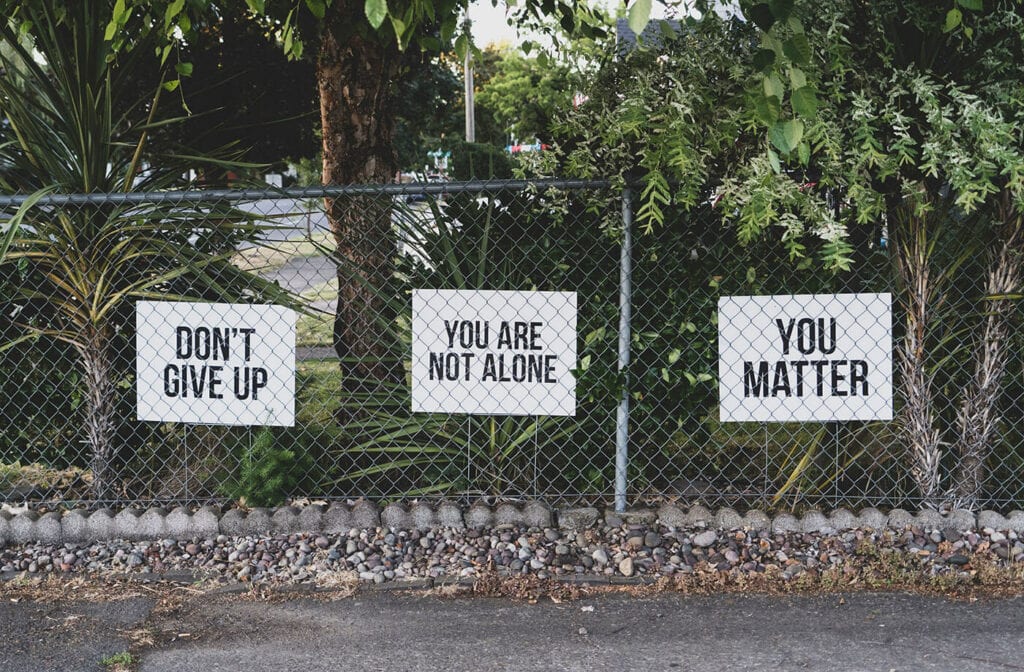Today, 10th September, marks World Suicide Prevention Day – an important reminder to everyone to look out for their friends, family or colleagues, not just today but every day, to make a difference to someone who may have reached the point of wanting to take their own life.
It’s a sad fact that suicide rates in the UK have risen since 2013, with men in their mid to late 40s at especially high risk, with a further increase in young girls age 10 – 24 taking their own lives – but each person is individual, their stories different and their pain unique to any other.
So what can be done to change things for the better?
Each individual is exactly that, individual – every person has experienced different struggles, challenges and faced different choices in their lives and there is no one true reason that encompasses why people take their own lives – however we need to work together to instil prevention before it gets to a crisis.
Prevention is needed
A call for increase NHS mental health services has long been a cry, however there are many things and acts of kindness that can be done. Suicide prevention should start long before people end up in crisis, and we can all help within our workplaces, our schools, our GPs and with our friends and families to minimise the distress that people may experience.
Small talk can save lives and The Samaritans have produced a guide on approaching someone at risk of suicide in a train station setting. Sometimes a short conversation and intervention can be enough to make the difference between life and death.
When thinking about how you can help or support someone you think may be distressed, or worried then remember the acronym ‘WAIT’
Watch out for signs of distress and uncharacteristic behaviour
e.g. social withdrawal, excessive quietness, irritability, uncharacteristic outburst, talking about death or suicide
Ask “are you having suicidal thoughts?”
Asking about suicide does not encourage it, nor does it lead a person to start thinking about it; in fact it may help prevent it, and can start a potentially life-saving conversation
It will pass – assure your loved one that, with help, their suicidal feelings will pass with time
Talk to others – encourage your loved one to seek help from a GP or health professional
Don’t forget to look after your own wellbeing after having a difficult conversation. You can call Samaritans for free, at any time (24/7) on 116 123. They are there to listen to you. You can also email jo@samaritans.org.
Other sources of help include:
Samaritans offer a 24-hours a day, 7 days a week support service. Call them FREE on 116 123. You can also email jo@samaritans.org
Papyrus is a dedicated service for people up to the age of 35 who are worried about how they are feeling or anyone concerned about a young person. You can call the HOPElineUK number on 0800 068 4141, text 07786 209697 or email pat@papyrus-uk.org
NHS Choices: 24-hour national helpline providing health advice and information. Call them free on 111.
C.A.L.M.: National helpline for men to talk about any troubles they are feeling. Call 0800 58 58 58.
Support After Suicide Partnership offers practical and emotional support on their website for people bereaved and affected by suicide.








